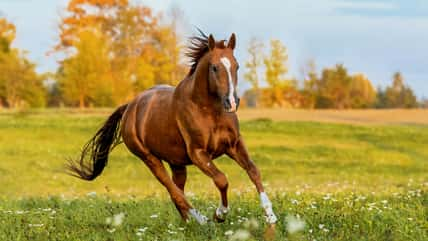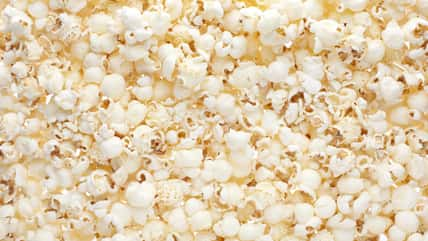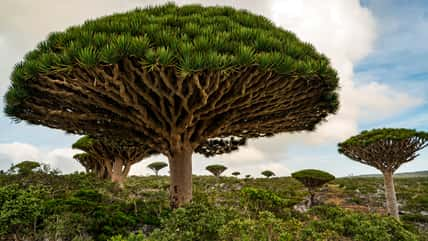Bell Pepper, Cilantro, And Jalapeño Can Be Grown In Recycled Glass From Discarded Bottles To Make More Sustainable Salsa

Tortilla chips and salsa are the best snacks around. Many people like to pick up a bag of tortilla chips and a jar of salsa at the grocery store. Usually, these products aren’t very fresh and undergo a lot of processing.
So, wouldn’t your favorite appetizer taste even better if the ingredients can be grown sustainably?
Researchers from the University of Texas Rio Grande Valley have found that bell pepper, cilantro, and jalapeño can be grown in recycled glass from discarded beer or soda bottles.
Soil can be partially substituted with recycled glass fragments in a planter to promote plant development and minimize undesired fungal growth.
When a nanomaterial scientist named Julie Vanegas joined the team at the university, she had been working on the possibility of using recycled glass particles for coastal restoration, such as growing willow trees. Her project raised the question of whether glass could also be used for growing produce.
So, they came up with experiments for growing foods that people are familiar with. The foods also needed to mature quickly and be able to be cultivated in backyard gardens and containers. The ingredients for pico de gallo fit the description.
“We’re trying to reduce landfill waste at the same time as growing edible vegetables,” said Andrea Quezada, a chemistry graduate student. “If this is viable, then we might be able to introduce glass-based soils into agricultural practices for people here in Rio Grande Valley and across the country.”
The researchers obtained recycled glass fragments from a company that takes bottles from landfills, crushes them into pieces, and rounds off the edges of the particles. The resulting product is smooth enough to avoid getting cut when handling the glass bits. Plant roots can also grow around the glass pieces without the risk of getting damaged.
Then, the researchers analyzed three glass fragments of different sizes. They found that a size similar to coarse sand grains had ideal features for plant cultivation, such as allowing oxygen to reach the roots and maintaining proper levels of moisture.

fudio – stock.adobe.com – illustrative purposes only
Now, the recyclable glass material is being evaluated for its potential as a sufficient substitute for soil.
Bell pepper, cilantro, and jalapeño plants are being grown in a greenhouse in a variety of containers that hold anywhere from 100 percent commercial potting soil to 100 percent recycled glass.
Compared to the pots with more glass, the pots with more soil have a higher amount of nutrients that are required for plant growth, including nitrogen, phosphorus, and potassium.
The results suggested that plants grown in recycled glass grow faster and retain more water than those grown in 100 percent traditional soil.
Additionally, the containers with 100 percent potting soil developed a fungus that stunted plant growth.
The fungus may prevent the roots from absorbing nutrients. The pots that contained any amount of recycled glass did not have fungal growth.
The study was done without any pesticides, fungicides, or fertilizers. The researchers will have to wait for harvest time to determine what soil combinations generate the highest yields and the best-tasting produce.
Sign up for Chip Chick’s newsletter and get stories like this delivered to your inbox.
More About:News





